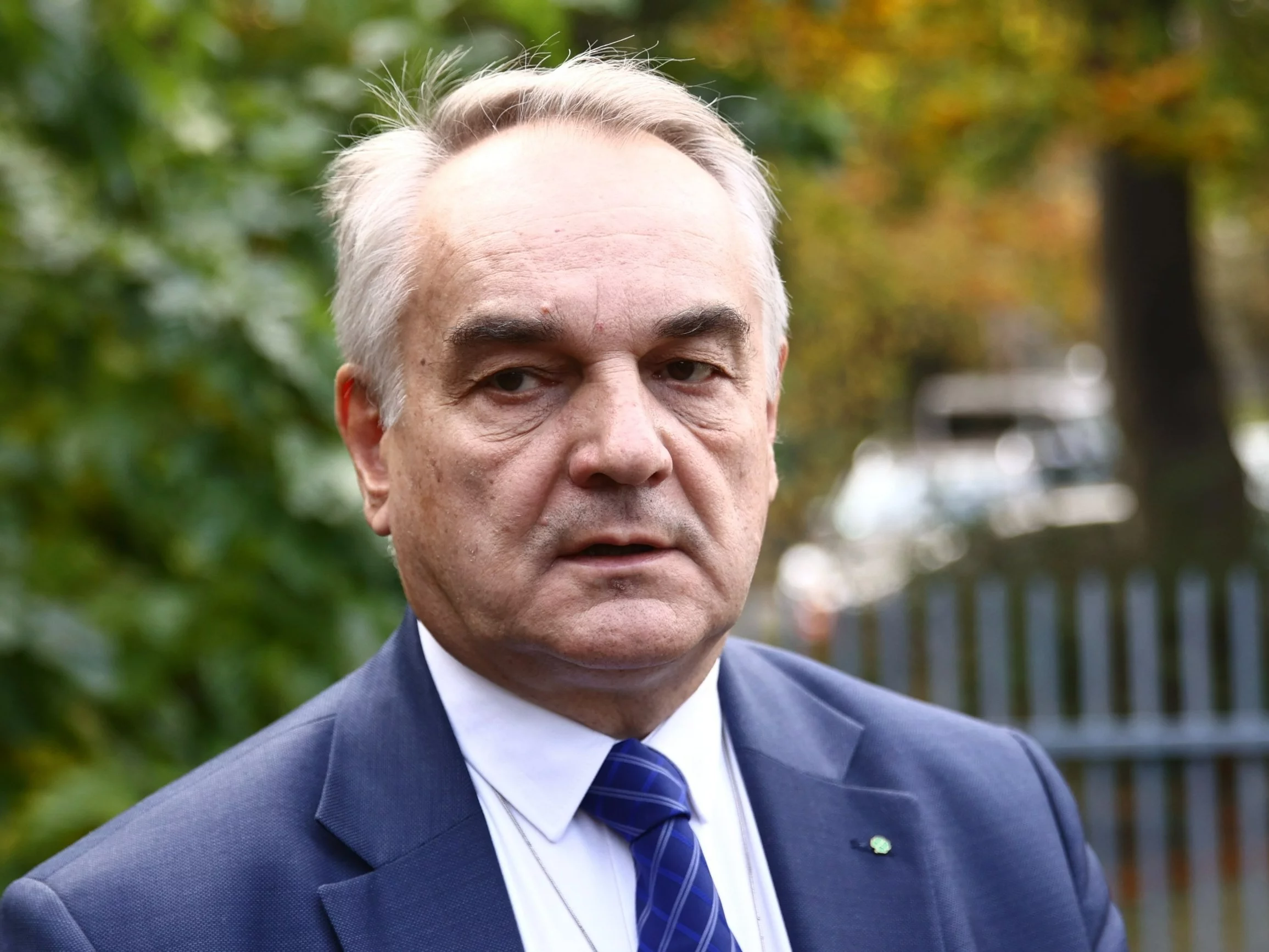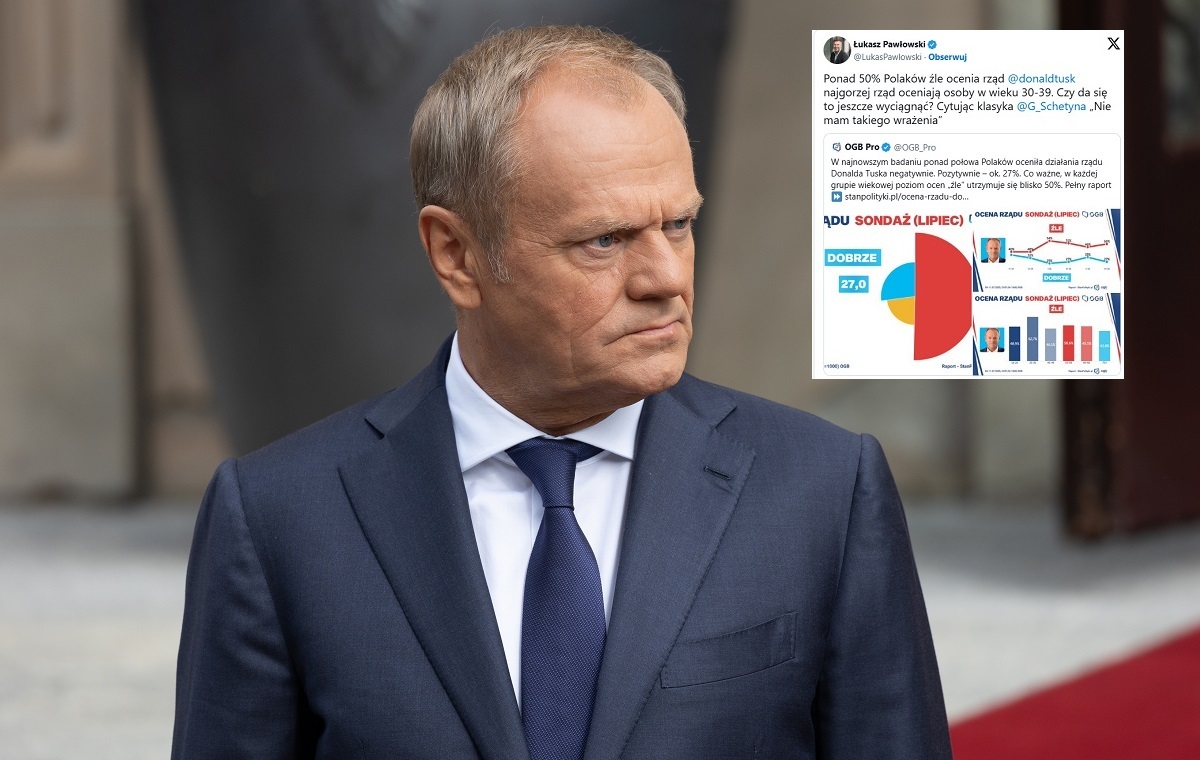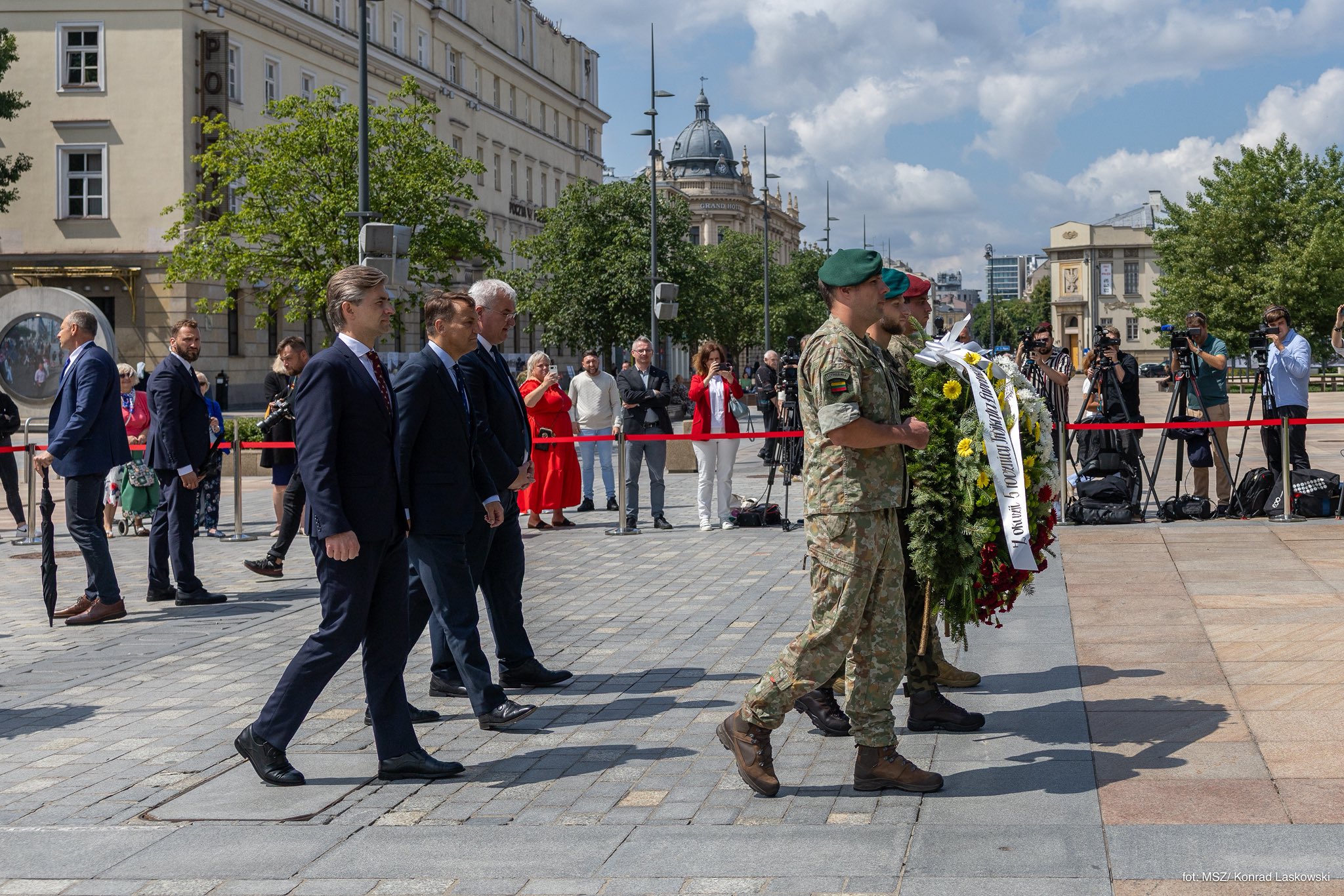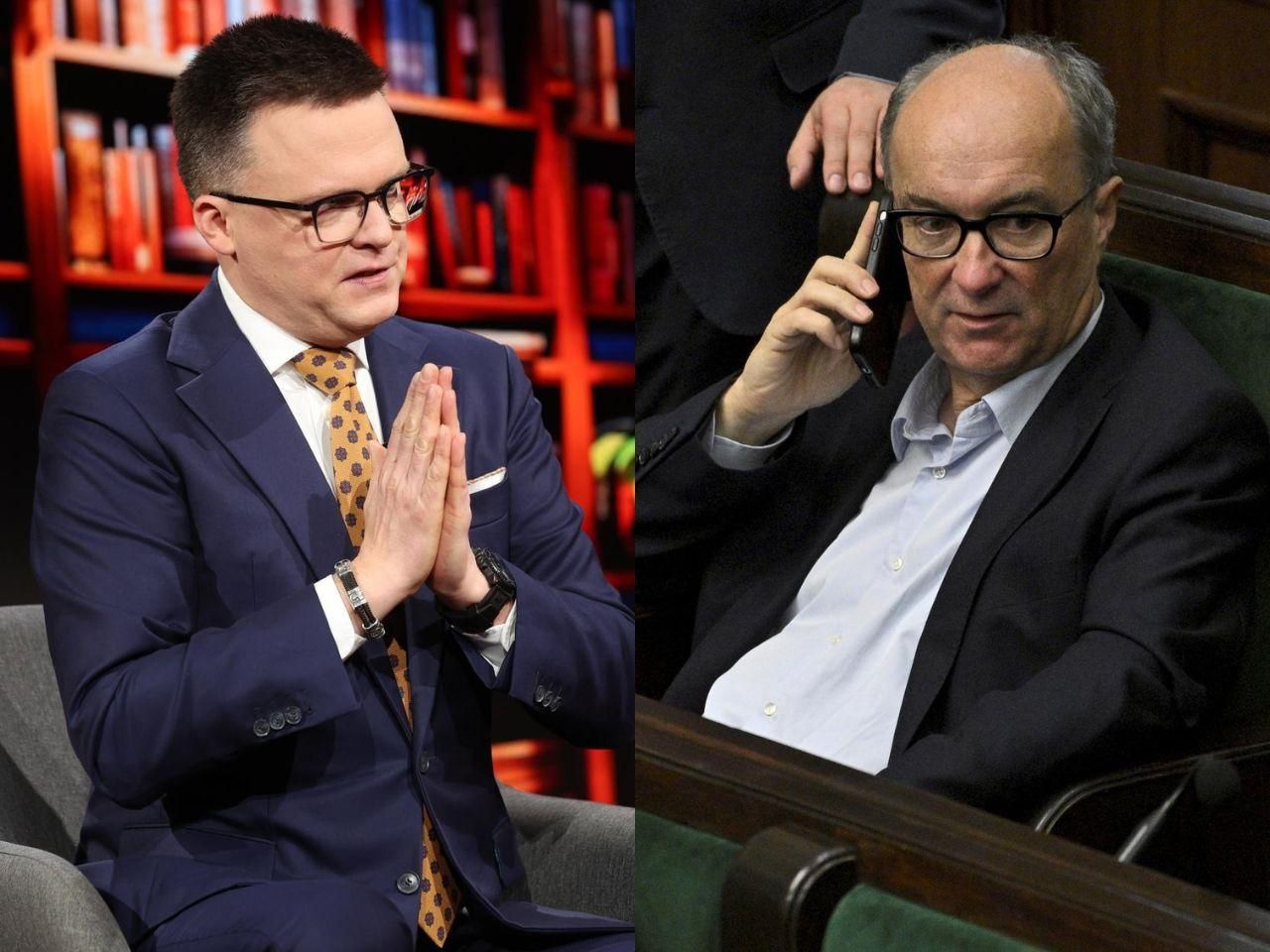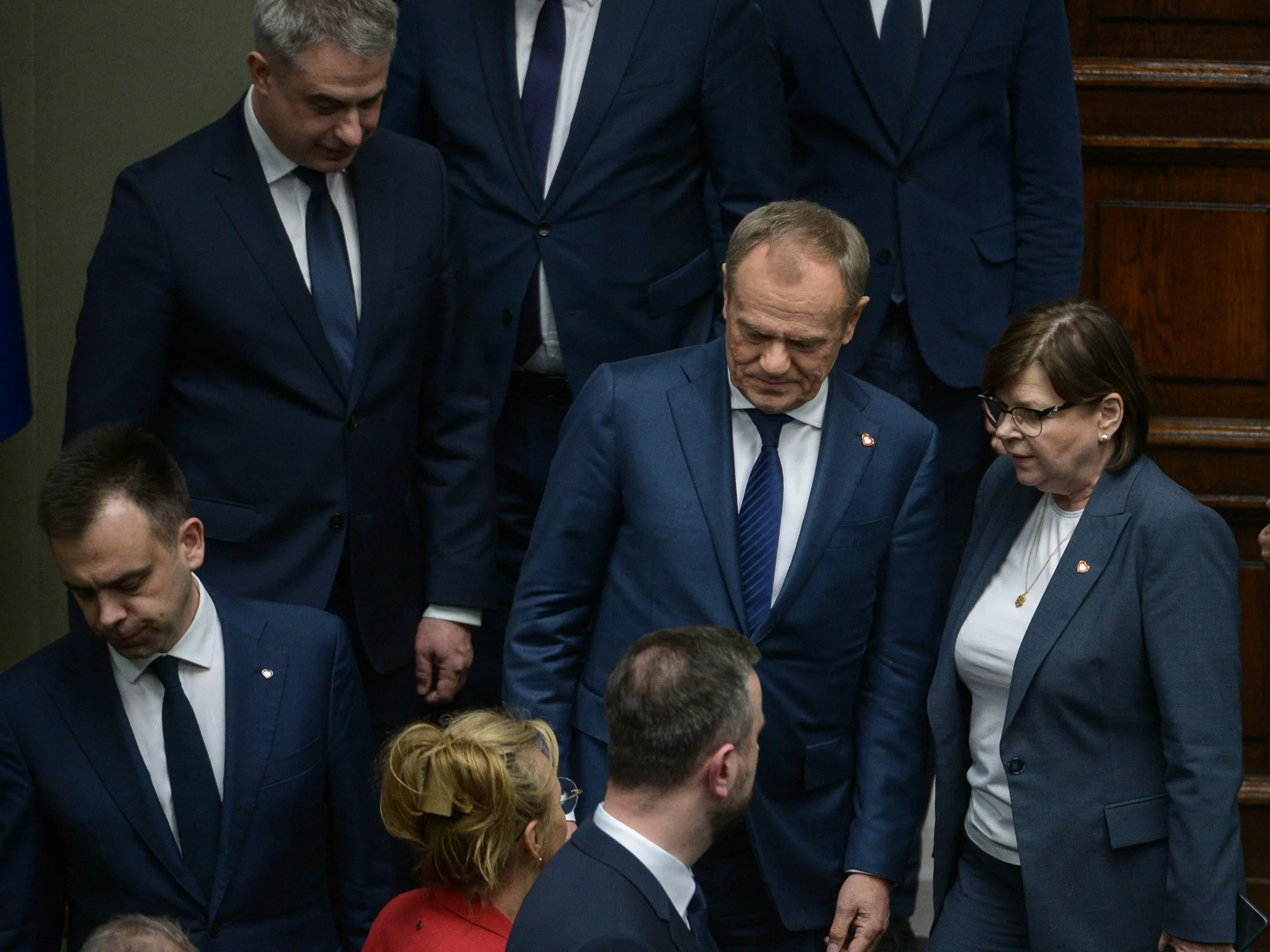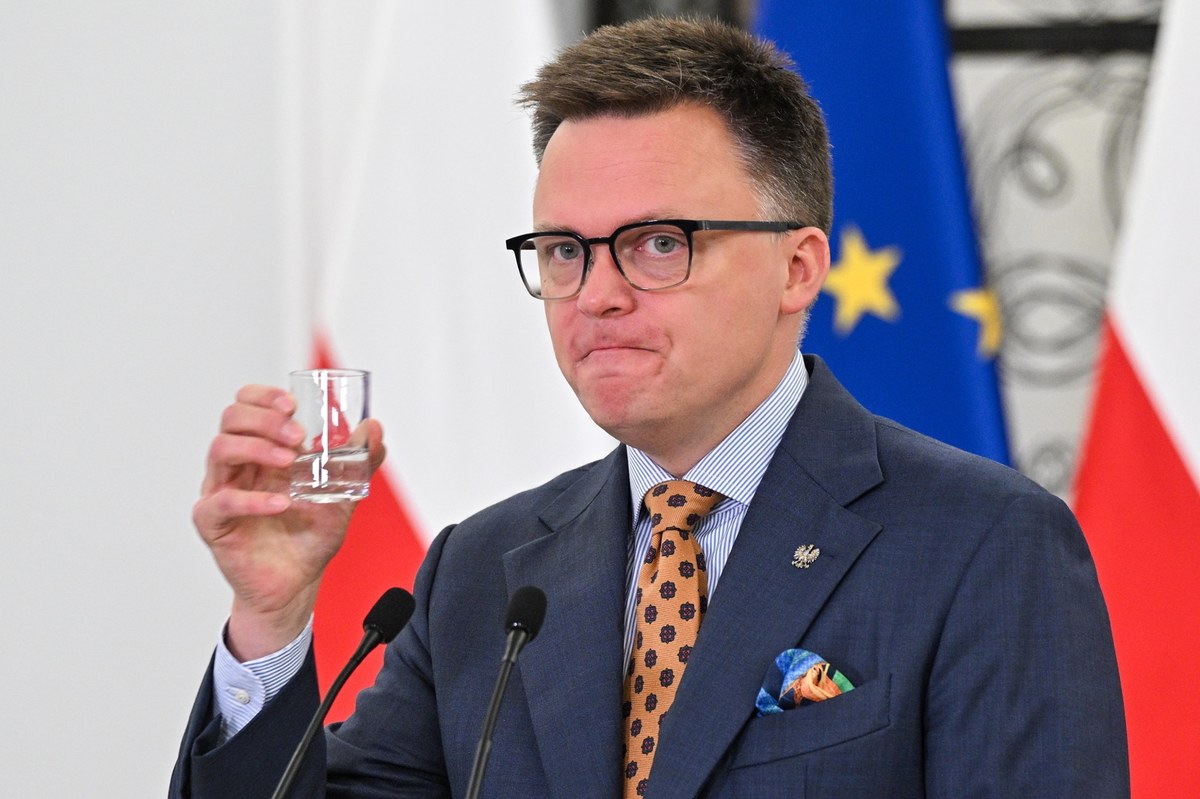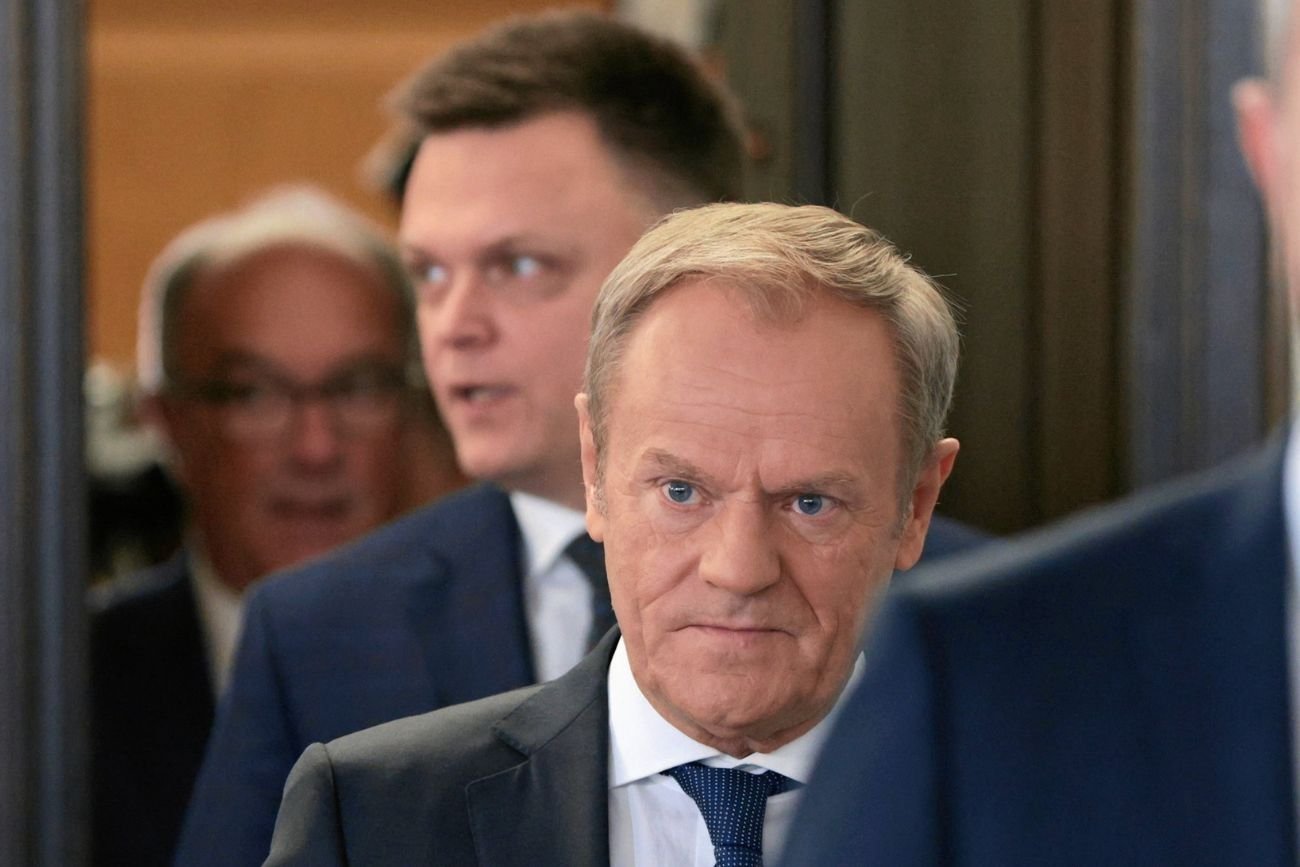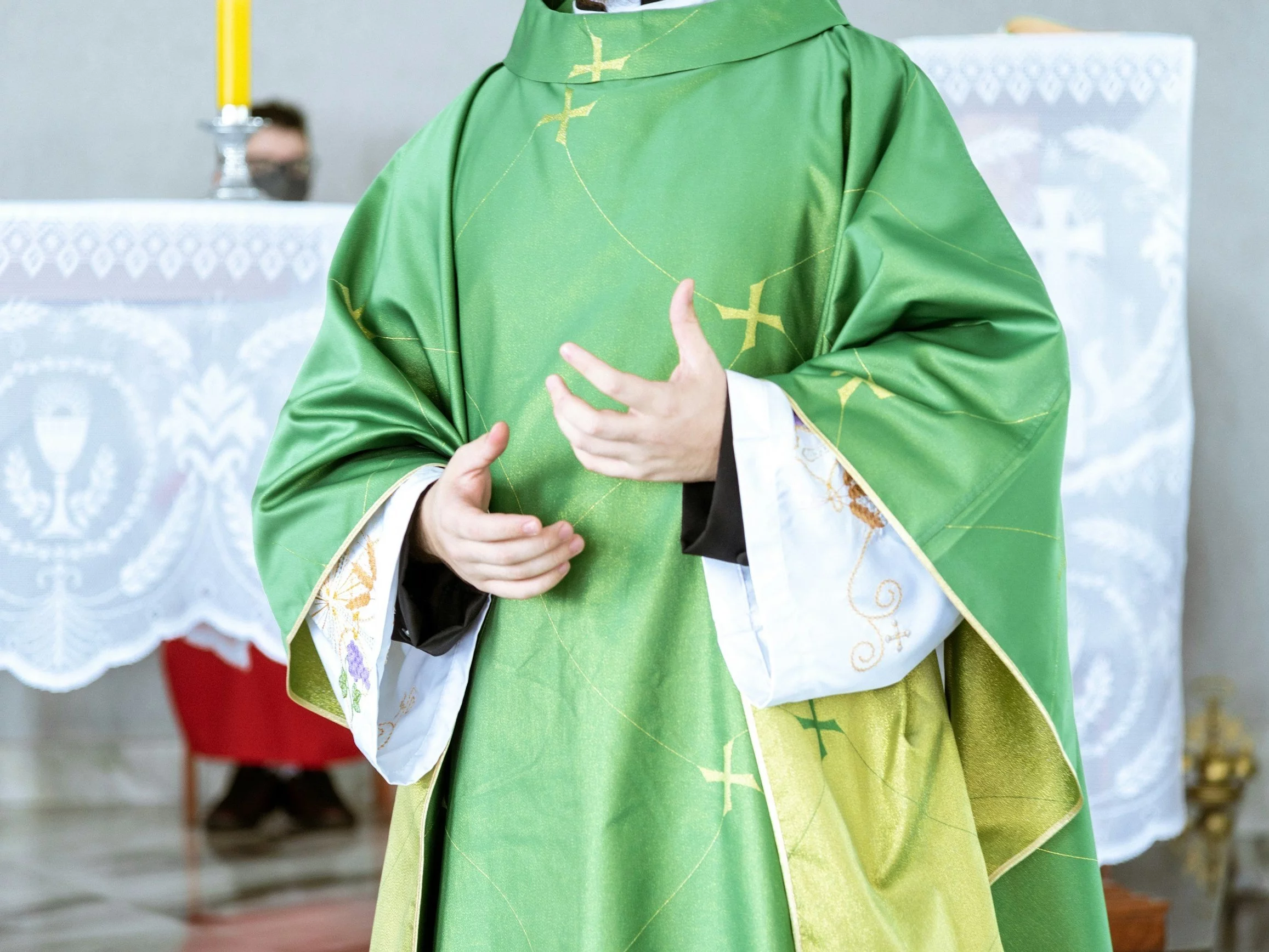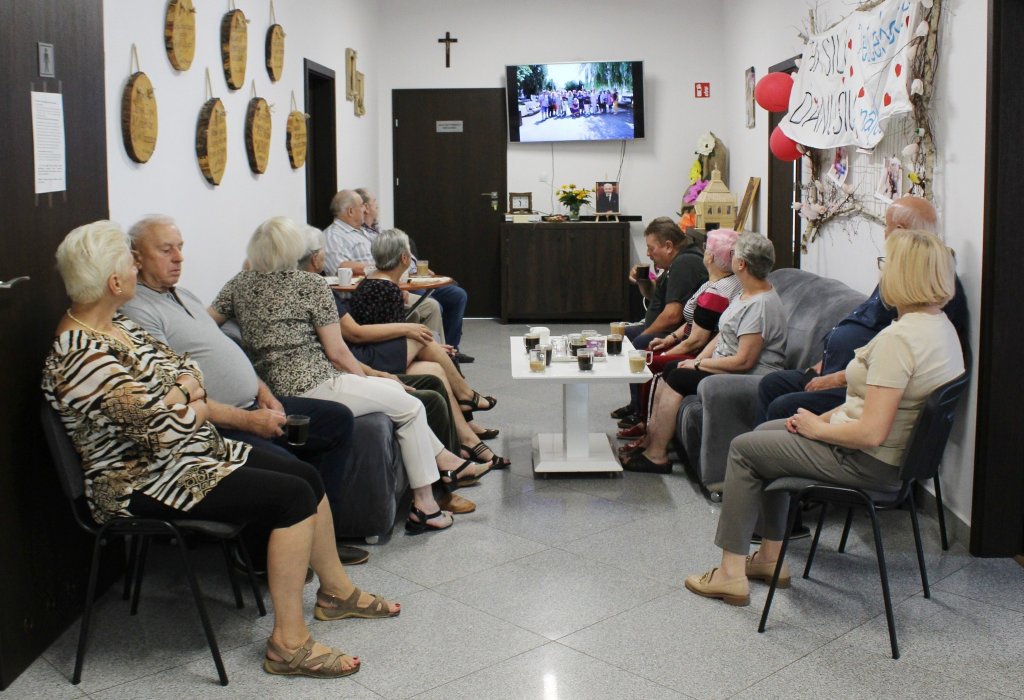Why have the presidential elections in Romania been cancelled? Who was behind Călin Georgescu's run at TikTok? And what is the state of democracy in Romania before the re-election? Leszek Jażdżewski (Fundacja Liberte!) talks to Georgiana Gheorghe, executive manager of APADOR-CH, a leading human rights organization based in Bucharest.
Leszek Jażdżewski (LJ): Could you guide us through what the presidential elections in Romania looked like, starting with the December elections that were cancelled? What's happened so far?
Georgiana Gheorghe (GG): It is simply a political thriller that began much earlier than the presidential election itself. Last year, 4 rounds of elections were held in Romania: local, parliamentary, European and presidential. Our democracy received a very serious blow in late 2024, erstwhile the Constitutional Court of Romania decided to become a political player and cancel the presidential election.
There is presently a debate in Romania whether the annulment of the presidential elections by the Constitutional Court was justified or not – whether it saved democracy or destroyed it to a level from which it will be highly hard to raise. My organization and I believe that we are actually dealing with a second script in which democracy has received a very serious blow.
Civil society in Romania is rather divided about this decision, as the Romanian society is divided generally, but our position on this is mostly in line with the opinion of the Venice Commission on what happened in Romania. This opinion fundamentally states that the annulment of the Romanian elections has occurred in breach of the fundamental principles of democracy.
The Constitutional Court has decided to annul the elections ex officio, although there are no rules in Romania that would supply that the Constitutional Court has the right to annul the elections. This decision was so taken on the basis of the Court’s own will.
Overall, the Constitutional Court in Romania decides on the constitutional compatibility of various issues, but it besides has certain powers in terms of presidential elections – and only presidential elections, not any another election – as well as a referendum. However, nowhere in the law it is said that it can invalidate elections – it can only look at any formal criteria for approving or cancelling candidates.
The Constitutional Tribunal had already done so before the first circular of elections, in the case of Diana Șoșoacă, a typical of the far right party. The Court annulled its candidacy, stating that its discourse was not sufficiently closely linked to the regulation of law and the Constitution of Romania. This decision is besides debated and has been highly criticised as the Constitutional Court has one more time gone beyond its competence to approve or annul candidates. This was the first signal that the Constitutional Court was starting to play a political role.
Returning to the annulment of the presidential election, it had no legal basis due to the fact that the way it was done clearly violates democratic standards. For example, this decision cannot be appealed, there was no public and honest hearing, no procedural rights were guaranteed during this electoral process and it was all done very late. The Constitutional Tribunal made this decision in a very bizarre way, as it first called for a recalculation of all the votes. He approved the first circular of elections, and 2 days later decided to cancel the elections on the basis of any information notes from the peculiar services.
What we criticised at the time, and what the Venice Commission besides pointed out, is that if you decide to cancel the elections, you must base your decision on evidence, and information notes from peculiar services can only supply context, which is not adequate evidence. It was another democratic standard that was violated. In this light, the Constitutional Tribunal acted like a political entity. In fact, there was no legal basis for what he did.
Moreover, according to our legislation, the decisions of the Constitutional Court are final, so they cannot be called into question. However, here we are entering method issues, due to the fact that under the Constitution, decisions of the Constitutional Court which concern constitutional issues and not those relating to electoral issues cannot be challenged. Theoretically, it was possible to amend the provisions so that this remedy would apply to the first circular of May elections, but no politician was curious in it. The subject has so been abandoned and the Constitutional Court's decision can no longer be invoked.
At the same time, candidates have the right to freedom of speech. They can say that they do not like the European Union or that they want to change the Constitution. The ability to express specified opinions is not a question of extremism. However, the annulment of a candidate by the Constitutional Court simply due to the fact that it enjoys freedom of speech is not very democratic.
LJ: What evidence which led to the Constitutional Court's decision has been disclosed? And why do you think the evidence was insufficient?
GG: I'd gotta go back to the notes made by the peculiar services, which we think were badly prepared. The Constitutional Court's decision was based on publically available information on how TikTok acted and the correlation between the manipulation of voters through TikTok.
The full dispute revolved around the fact that the then president, Călin Georgescu, said that his political run had been conducted at zero costs. Then the full investigation of his run on TikTok began – how it was financed, whether it followed the rules on political advertising and so on. The subject that appeared in the peculiar Services notes was that there was an influence of a abroad intelligence agent. However, it was not given who it was, although of course it suggested the influence of Russia, but it was never confirmed. The conclusion was that fundamentally Călin Georgescu was supported by Russia that he was a pro-Russian candidate, and voters on TikToku were heavy manipulated and exerted considerable influence on them. However, it should be stressed again that this has never been proven – and the president of Romania himself pointed out that this would be very hard to prove.
LJ: any reports study that they were actually liberals, or National-Liberal Party, behind these actions. How should this argument be treated?
GG: It's a very complicated communicative about how the National-Liberal organization designed an online run that had the other effect due to the way algorithms work. In my understanding, they designed a run for the National-Liberal organization candidate and collaborated with any companies and operated on circumstantial hashtags. Therefore, the full run was to benefit the National-Liberal organization campaign, but for any reason it benefited the Călin Georgescu campaign.
All this shows how the deficiency of cognition of how social media algorithms work or how political advertising works can turn against the creator in a way that I have no control over. due to the fact that I don't think anyone expected Călin Georgescu to win in the first circular of elections, otherwise the same expression would have been applied to another utmost candidate. However, the Constitutional Court has never disputed the discourse of another candidates, but those who took second place in the presidential race.
LJ: This would mean that the presidential election was cancelled due to the way the run was conducted – is that a correct conclusion? So what happens if the run is illegally financed or conducted in an illegal way? Let's just say that abroad intelligence agents are truly backing a candidate's campaign, which should then be done in accordance with the letter of Romanian law?
GG: Of course, we have extended rules in Romania on non-compliance with electoral law. I must admit that I am not an expert in this area, but there are surely violations and even criminal laws where there is evidence that political campaigns are not being conducted properly.
For example, with respect to TikTok, the fact that there is no sign of political advertising as specified is simply a violation. Therefore, the fact that Călin Georgescu did not mark his political ads constitutes a violation. Nevertheless, we should consider whether we truly would like to cancel the elections simply due to the fact that the candidate in breach of the current rules has not labelled his run as political advertising. Of course, this issue is not just about him, but besides about another candidates.
We have regulations, there are fines and sanctions, but they must be applied before or during the election campaign. It is not possible to launch an investigation into the conduct of the run after the annulment of the elections and effort to justify the annulment of the elections.
Romania is simply a classical example of how all institutions failed in this matter, starting with the prosecutor's office – which abruptly decided to analyse allegations of fascism (which can, of course, be very crucial and justified, but must be done in due time), how the principles of transparency of political campaigns are respected and how those who request to take action and impose sanctions work – and ending at the Constitutional Court.
LJ: There are any theories (which even contact on conspiracy theories) that presume it is Romanian country He intervened in the election process and that the main organization candidates truly wanted to see Călin Georgescu in the second circular so they could win with him, but something went wrong, so they had to fix it. What should be judged about this?
GG: It is very hard to make any assessment of this theory, due to the fact that we do not have access to political calculations and insight into the maneuvers of political parties. But yes, any information present in public media actually indicates that Călin Georgescu was utilized by the ruling parties in their quest for victory.
Basically, they suggested to their voters to vote on Georgesc so that their political calculations would agree and that they would be the winners. However, I do not think that they foresee the effect of their actions, with TikTok and social media surely being an additional component that contributed to the actual outcome. However, we can say that there have been any political manoeuvres before, during and after the elections, which we have all seen. However, we have no thought what their scope was, but we surely see their effects.
LJ: What is the current state of democracy in Romania after this major crisis and on the eve of the re-elections that will take place on 4 May?
GG: Democracy in Romania is very fragile. The second candidacy of Călin Georgescu has already been annulled by the Constitutional Court – and this applies not only to him but besides to another candidates. This caused many tensions in society, especially among Călin Georgescu supporters, which led to violent protests.
Democracy in Romania is heavy threatened. The legitimacy of the 4 May election is already contested, given the annulment of the candidacy. It will be very hard to reconstruct assurance in democracy. We gotta work hard to change legislation, which will be the easiest thing to do. But that requires political will. And I don't think we have the will.
In addition to changing the rules, the election process must be more fair and fair, even for candidates we do not like. We request to have a fundamental discussion about what democracy is and how we should prosecute it, and what extremism is and how to solve the problem of all those people who voted for the utmost right and who are very dissatisfied with the current political class. Their needs are not met.
We request to learn to talk to each another due to the fact that we are now very divided. We don't know how to talk to each another – we don't even perceive to each other.
Furthermore, we request to re-imagine what democracy is and where individuals belong in this system. due to the fact that right now democracy is only a word in Romania, to be honest. We don't have credible institutions in people's eyes. And it will be a long way to build trust between citizens and these institutions – no substance who wins this election race.
LJ: If George Simion (founder and president of the Union of Romanian Unity, the second largest organization in both chambers of parliament since 2024), will this mean that it is the decision of the people? Should it be accepted? Or do you think that in this case the Constitutional Court will gotta intervene in order to prevent far-right candidates from winning?
GG: George Simion's candidate, a candidate representing the far right party, has already been approved by the Constitutional Court, so he will run for presidential election. He has rather a chance to at least be in the second circular of elections. We will see how things will turn out, but it can be said now that many of the votes that Călin Georgescu has received will go to George Simion.
That is why there is simply a advanced probability that George Simion will become the next president of Romania and we will gotta deal with this. I hope that the Constitutional Court will not invalidate the result of the upcoming presidential elections, regardless of who wins them – even if it is simply a candidate whose Constitutional Court does not like. It would be another political circus.
This podcast was produced by the European Liberal Forum in collaboration with the Movieno Liberal Social and the Liberté Foundation!, with the financial support of the European Parliament. Neither the European Parliament nor the European Liberal Forum are liable for the content of the podcast nor for any way of utilizing it.
Podcast is besides available on platforms Sound, Apple Podcast, Stitcher and Spotify
Dr. Olga Łabendowicz translated from English
Read English at 4liberty.eu

